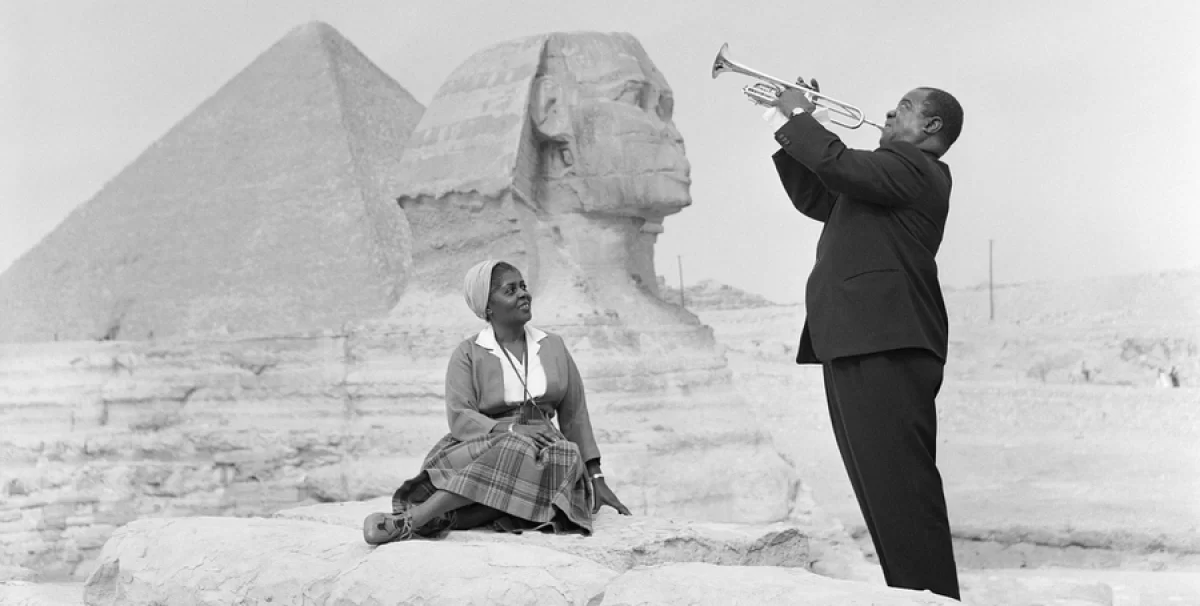The crowds stopping traffic on Decatur Street speak for themselves. Passers-by might glimpse a baton in mid-flight, or a streak of flames bursting into the air.
In Jackson Square itself, the milling crowds take their pick from jazz bands, break dancers and unicyclists. Occupying street corners and vacant podiums, the mimes work miracles with their lithe bodies and unworldly expressions. Clowns mesmerise children with balloon tricks only the under fives can understand.
Jose Eduardo Tama is one of the more recognisable street entertainers in the city. His one-man act that encompasses magic, juggling, comedy and theatre regularly draws the two or three hundred people needed to fill the small, half-moon fountain area near the Moonwalk on Decatur Street. For him, New Orleans has been the perfect base from which to practice his art. Its well-educated blend of tropical and European influences gives him the freedom to develop his talent and at the same time pursue a career as a painter.
Jose came to New Orleans four years ago, to escape the stresses of life in New York, his home town. Although he makes many trips to perform at arts festivals in Europe and the U.S., he considers New Orleans his permanent home. For the more talented street performers, New Orleans streets provide the exposure needed to move on to the more lucrative contacts, such as commercials and private bookings. But in a town where ‘lagniappe’ is the password for anything that doesn’t require an invoice, a town made famous for ‘The Greatest Free Show on Earth’ it must be a matter of some diplomacy to actually profit from what some would be surprised to learn is often a full-time career.
Jose has his money pitches handled. His years of experience have built a stockpile of ‘pay me’ approaches. “Remember, ladies and gentlemen, the more money you give, the more money I have. I’ve given you all I can give you. Now you owe me .” When you’re asking people to show you the colour of their money in public, comedy is essential. As Jose points out, performing on city streets is no free stage. Jose and friends pay $74 annually for a permit to operate.
Even with a permit, life as a street entertainer is not always fun and games. In a city renowned for its liberating atmosphere, performers often find that heckling comes easily. More than once Jose has packed up early because of persistent yells from a gathering of those who have too much to drink. There are also those rules to be followed: one performer, Jose recalled, once spent the night in jail after being arrested in mid-juggle. On one occasion Jose was even asked to move on by a high-ranking member of the church because his audience was too loud. And them of course, there’s the inevitable rain.
In an area such as the French Quarter, however, where almost all events except eating take place on the streets, such small problems don’t prevent the continuous flow of touring musicians and troubadours eagerly seeking fame, fortune and an alternative lifestyle. The French Quarter remains one of the top three locations in the country for street performers. Only San Francisco and New York can rival New Orleans’ impromptu stages and eager audiences.
Throughout the coming months, and again again in the fall, the French Quarter will be the site for a whole spectrum of entertainment lost to a generation of couch-potatoes. Carnival passes, but the parade continues.

